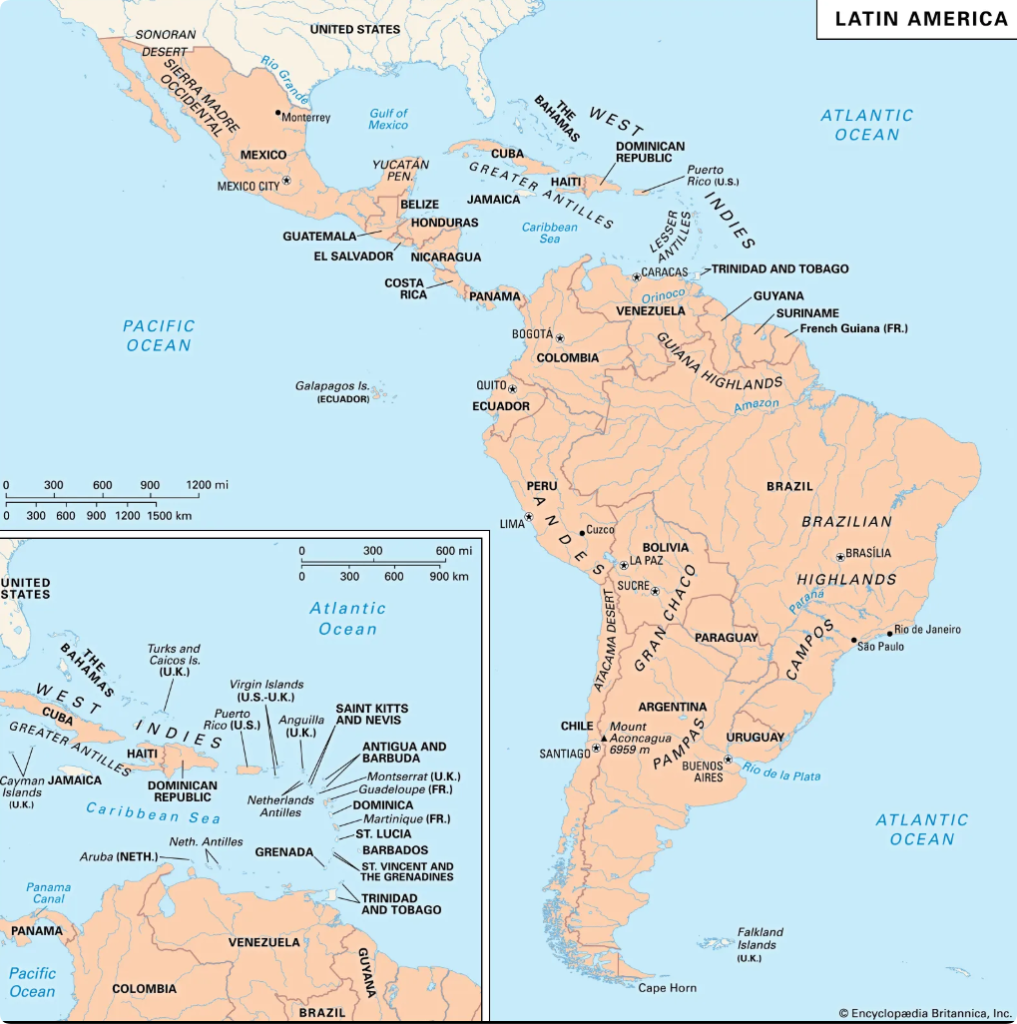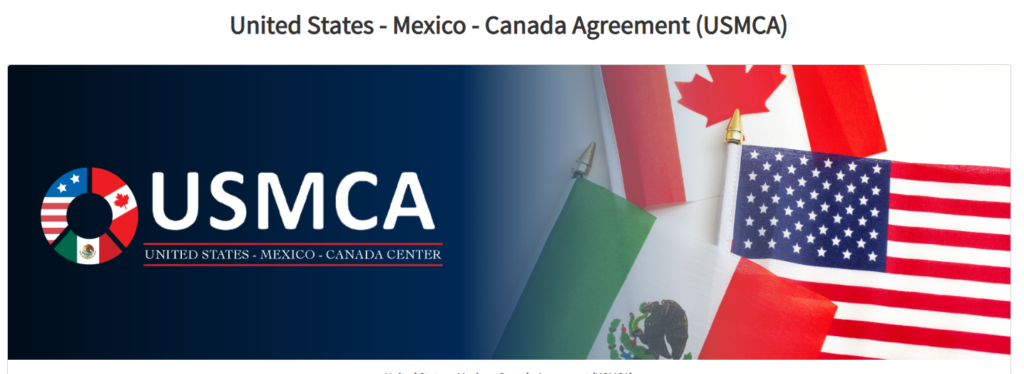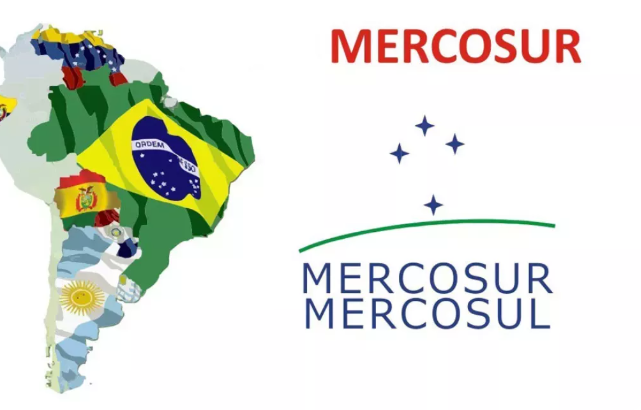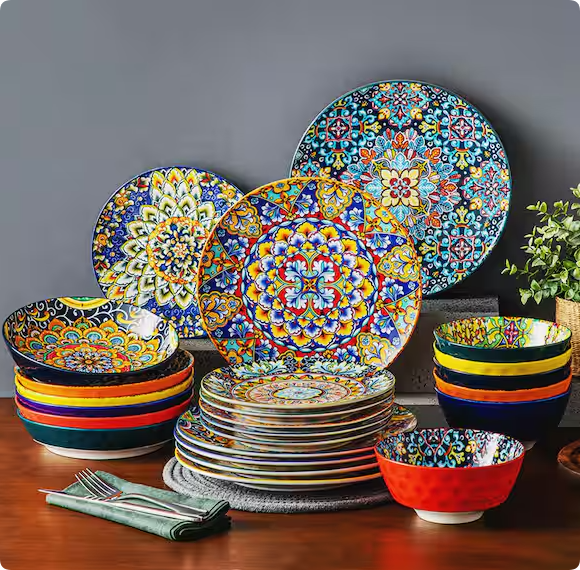Introduction
Latin America has become an increasingly attractive market for dinnerware manufacturers and exporters due to its growing middle class, shifting consumer preferences, and burgeoning e-commerce sector. However, one of the most influential factors driving dinnerware exports to this region is trade agreements. These agreements significantly impact tariffs, logistics, and overall market accessibility.

In this article, we’ll explore how trade agreements affect the dinnerware market in Latin America, discuss key agreements in place, and highlight strategies for exporters to maximize their opportunities in this region. By the end, readers will have a clear understanding of how these agreements can shape business outcomes.
Why Trade Agreements Matter for Dinnerware Exports
Trade agreements are essential tools for facilitating international trade by reducing or eliminating barriers such as tariffs, quotas, and import restrictions. For dinnerware exporters, the benefits include:
- Lower Tariffs: Reduced costs make products more competitive.
- Simplified Regulations: Harmonized standards reduce compliance complexity.
- Increased Market Access: Open markets boost potential customer bases.
However, the impact varies depending on the specific agreements in place and their scope.
Key Trade Agreements Influencing Dinnerware Exports to Latin America
1. USMCA (United States-Mexico-Canada Agreement)
- Coverage: Includes Mexico, a significant entry point for many Latin American markets.
- Impact: Eliminates most tariffs on ceramics and dinnerware, streamlining exports from neighboring countries.

2. Mercosur (Southern Common Market)
- Members: Argentina, Brazil, Paraguay, Uruguay (with Bolivia in accession).
- Impact: Promotes free trade among members but imposes external tariffs for non-member countries.
- Challenge: Exporters outside the bloc, such as those in Asia, may face higher tariffs.

3. China-Chile Free Trade Agreement
- Relevance: As a major exporter, China benefits from this agreement, which provides tariff exemptions for various goods, including dinnerware.
- Result: Chile serves as a gateway for Chinese products into South America.
4. Andean Community
- Members: Bolivia, Colombia, Ecuador, Peru.
- Effect: Facilitates intra-regional trade but requires non-member exporters to navigate individual country agreements.
Challenges and Opportunities for Exporters
While trade agreements open doors, they also pose challenges. Here’s a breakdown of the key aspects:
| Aspect | Challenges | Opportunities |
|---|---|---|
| Tariffs | High tariffs for non-member countries (e.g., exporting to Mercosur from Asia). | Reduced or zero tariffs for member countries or countries with bilateral agreements. |
| Customs Procedures | Complex documentation and delays at borders. | Simplified processes for agreement signatories. |
| Market Competition | Domestic manufacturers often favored in bloc agreements (e.g., Mercosur). | Competitive pricing due to reduced export costs under favorable agreements. |
| Logistics | High shipping costs for long-distance trade. | Trade agreements may reduce barriers, lowering overall costs. |
Strategic Recommendations for Exporters
To maximize the benefits of trade agreements, dinnerware exporters can adopt the following strategies:
1. Leverage Preferential Agreements
Identify and prioritize markets where trade agreements reduce barriers. For example:
- Target Chile due to its agreement with China.
- Explore Mexico as a hub for broader Latin American distribution under USMCA.
2. Optimize Supply Chains
Streamline manufacturing and logistics to align with agreement terms. Consider setting up regional distribution centers in key countries to reduce shipping times and costs.
3. Build Relationships with Local Partners
Collaborate with local distributors familiar with the regulatory landscape. Strong partnerships can ease market entry and compliance.
4. Focus on Competitive Pricing
Use savings from reduced tariffs to offer competitive pricing or invest in marketing to enhance brand visibility.
Case Study: The China-Chile Trade Relationship
China’s robust dinnerware exports to Latin America highlight the advantages of strategic trade agreements. Since the China-Chile FTA came into effect, Chinese dinnerware exports to Chile have grown by over 30%, with a significant share re-exported to neighboring countries.

Key factors include:
- Tariff-Free Access: Reduced costs make Chinese products highly competitive.
- Efficient Logistics: Chile’s ports serve as major entry points for goods destined for broader South America.
This success story illustrates how exporters can capitalize on bilateral agreements to dominate regional markets.
Future Trends in Trade Agreements and Dinnerware Exports
1. Emerging Regional Agreements
Latin America is negotiating new trade agreements that could reshape the competitive landscape. Exporters must stay updated to anticipate market shifts.
2. E-Commerce Growth
Trade agreements increasingly include e-commerce provisions, simplifying cross-border online sales. This trend aligns with the rising demand for dinnerware through digital platforms.
3. Sustainability Standards
New agreements may include environmental clauses, requiring exporters to meet sustainable production criteria.
Conclusion
Trade agreements profoundly influence the dynamics of dinnerware exports to Latin America. By understanding and leveraging these agreements, exporters can navigate challenges, reduce costs, and capture significant market share.
For EKA, identifying the right agreements and tailoring strategies accordingly will be critical for long-term success. Whether through optimizing supply chains, building local partnerships, or staying ahead of regulatory trends, the opportunities in Latin America are immense for dinnerware manufacturers willing to adapt.
As the market evolves, EKA stands poised to expand its reach and strengthen its position as a leading global dinnerware supplier.

